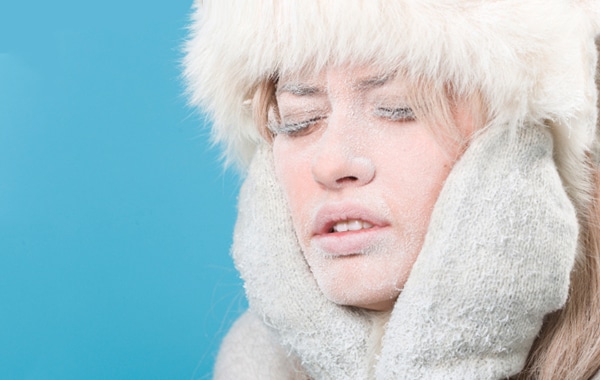There are vital factors how worst dry winter air affects your home which can affect the quality and feel of your indoor living space, including indoor air quality, temperature, and relative humidity.
During the winter season, the chilly cold air that seeps into your home from the outside has a low humidity — meaning that it carries very little moisture. You can crank up the heat inside your Seattle home, which adds warmth, but that doesn’t improve the amount of moisture in the air instead as your furnace operates it depletes the existing moisture leaving you dry and prone to sickness. But how exactly does the dry air affect your home?

5 Ways How Worst Dry Winter Air Affects Your Home
The perfect relative humidity level for maximum comfort and health is between 40 and 50 percent, and anything below 30 percent is regarded as too dry. Humidity levels naturally decline along with outdoor temperatures as cold air is unable to hold the same amount of moisture as warm air. The usual effects of how worst dry winter air affects your home includes:
1. Increased Risk of Illness
Dry air is the ideal breeding ground for viruses, as the membranes that line the nose and throat lose the moisture they need to trap bacteria and viruses before they can travel through the upper respiratory system and into the lungs. To combat the potential health issue this winter, drink plenty of water and consider using a humidifier at night, so you are not losing hydration as you sleep.
2. Irritated Nasal Passages
Cold, dry air removes moisture from your mouth and nose, leaving your nasal passages and throat dried out. Dry nostrils are more likely to crack leading to nosebleeds.
3. Dry, Itchy Skin
Just as air with low humidity can take away moisture from your nose and throat, it can also lead to dry, itchy skin. Dry cold wind speeds up the evaporation of moisture in your skin, causing your skin to crack, itch or flake while worsening pre-existing conditions such as acne, eczema, or chapped lips.
4. Structural Damage
Dry air sucks the moisture from everything in its path, including structural components of your home that are made of wood, such as wooden windows, wooden doors, framing, and hardwood floors. Just as the wood swells when saturated, it shrinks when it’s too dry, and the resulting change in size can lead to air leakage, gaps, squeaks, and creaking.
5. Static Electricity
If you happen to receive a shock each time you touch metal or fabrics in your home are clinging to one another, that may show that your indoor air may be too dry.
Dry Air Solutions
A whole-house humidifier is a perfect solution. It seamlessly integrates with your HVAC system, supplying much-needed moisture to every room in your home. Once your thermostat is set to the desired temperature, a whole-house humidifier does the job, adding the perfect amount of moisture promptly and efficiently.
Whole-House Humidifier Installation in the Seattle Area
Choose EinsteinPros for your whole-house humidifier installation and experience the benefits of a healthier air in your Seattle home.
Our heating and cooling technicians can offer recommendations about the best humidifier options, air purifiers, or ventilation based on the results of our inspection. Call us now at 888-671-7767 or email [email protected] for professional plumbing, heating & cooling, water heater, and drain & sewer services in Oregon, Washington, and Nevada homes.
